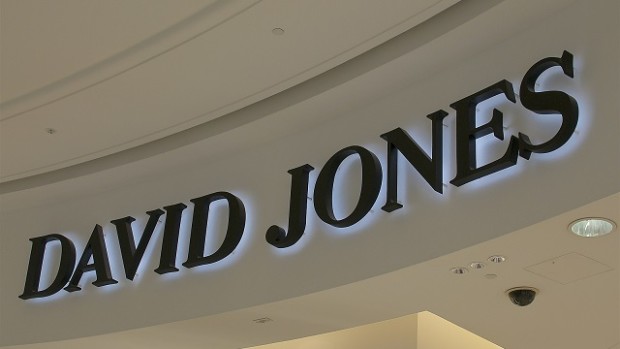
Earlier this month, David Jones relaunched the Mindfully Made hub on its website and in seven stores across the country, showcasing dozens of sustainable fashion, beauty, home and food brands.
The new hub, which first launched ahead of Fashion Revolution Week last year, is intended to be a one-stop-shop for the growing number of consumers who consider the total cost of of an item, including its environmental and social impact, before they buy.
Brands featured in the hub include Bianca Spender, Country Road, Outland Denim, Veja, R.M Williams, Cue, KitX, KeepCup, Weleda and Essteele.
To be included, they must meet one or more of David Jones’ five sustainability criteria – Australian Made, Community Minded, Sourced with Care, Reduce & Recycle and Kind to Animals – as well as be a signatory of the retailer’s Supplier Code of Conduct.
The hub also includes information about prolonging the life of purchases and decoding terminology around fabric, sustainability and ethics, as well as interviews with global sustainability experts.
“It’s not just about offering customers the ability to shop by their values, we see it as a portal for them to learn more,” Eloise Bishop, David Jones’ head of sustainability, told Inside Retail.
Bishop called Mindfully Made a “flagship component” of the department store’s broader sustainability strategy. Last year, the retailer published a list of the Tier One factories where its private-label products are made. And it is currently in the process of developing phase two of its Good Business Strategy, which is expected to launch later this year and could include new services like rental and repair.
These initiatives reflect the broader reckoning taking place in the fashion industry, as designers and CEOs alike acknowledge the less glamorous side of the business, such as waste and exploitation.
In May, industry publication Business of Fashion launched the “Rewiring Fashion” campaign to address some of these issues by changing the fashion week calendar. David Jones’ general manager of womenswear and accessories Bridget Veals signed an open letter calling for similar changes.
Bishop said the retailer’s sustainability team is working closely with buyers and merchandisers to ensure they are able to offer a similar level of product in stores while supporting a shift towards seasonless fashion.
“A lot of our brands have been on this journey for a while; a lot of them are looking into things like longevity, repair services and those sorts of things,” she said.
It is in brands’ best interest, and David Jones’, to highlight this work through a platform like Mindfully Made.
“Customers are gravitating towards brands that have got sustainability built into their DNA, and they’re voting with their wallets,” Bishop said.
Last week, David Jones’ parent company, South Africa-based Woolworths Holdings, announced the department store chain had seen an 8 per cent decrease in total sales in FY20 compared to FY19. Adjusted for the 53 weeks of trading in FY19, total sales decreased by 6.3 per cent.
Woolworths said David Jones’ sales were significantly impacted by Covid-19 and the stay-home orders, which affected foot traffic in discretionary retail in particular.
This can be seen in the 0.5 per cent sales bump, which David Jones saw in the first nine weeks of H2, followed by a 35.8 per cent decline in the second eight weeks of the half (roughly March and April). Sales recovered somewhat in the final nine weeks of the half to be down 8 per cent year on year.
Even before the pandemic, department stores around the world were struggling, but according to Bishop, this is even more of a reason to focus on sustainability.
“For the business to remain viable and financially sustainable, we need to evolve and adapt. Is the cost of raw materials going to increase [due to climate change]? How are we looking at manufacturing conditions and ethical issues in the supply chain?” she said.
“We’re doing it [sustainability] because, commercially, it makes business sense. The world around us is changing, the fashion industry is changing and customer sentiment is changing, so we need to adapt and evolve.”






